The IP & Competition Center grew out of the robust technology environment of the Bay Area and offers a unique forum for students, academics, practitioners, and technology companies to explore IP and the intersection between innovation and commerce.
The Center’s work covers the traditional IP areas of patent, trademark, copyright, and trade secret. It also covers the competition and commerce issues related to IP, including antitrust, innovation financing, and technology-based transactions.
The strength of this Center is its breadth of subject-matter expertise. The Faculty and Instructors that drive and contribute to this Center are among the world’s leading legal experts on IP, competition policy, and innovation-based commerce. The cross-pollination of this type of expertise provides a unique environment for education, research, and policy development. For example, the Life Sciences & Policy Center and the Asia IP & Technology Center grew out of the work in the IP & Competition Center.
We host and sponsor academic-focused events and industry-focused events–most of which are open to the public at no charge. Check out our upcoming events. As for past events, many of them are available on-demand–and free of charge–in our video library, B-CLE.
Berkeley Law offers many classes associated with the Center’s work. Over the course of their studies, students will have chances to study with some of the best minds in the legal industry. Examples of past and planned courses are included in our Related Courses link.
Faculty
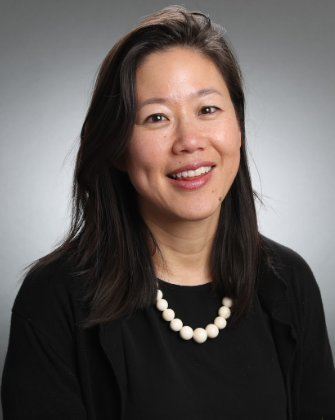 Colleen Chien teaches and conducts cross-disciplinary research on innovation, intellectual property, and the criminal justice system, with a focus on how technology, data, and innovation can be harnessed to achieve their potential for social benefit. With a law degree from Berkeley Law and engineering and humanities degrees from Stanford, Chien is known for her in-depth empirical studies of patent litigation, patent-assertion entities (PAEs) (a term that she coined), the secondary market for patents, and, in the criminal justice realm, on the “second chance” gap between those eligible for and receiving relief from the criminal justice system. Prior to joining Berkeley Law, Chien was Professor of Law at Santa Clara University School of Law. She previously served as Senior Advisor for Intellectual Property and Innovation in the Obama White House and currently advises the US Patent and Trademark Office as a Marian Croak Distinguished Scholar. Chien is among the top 20-cited intellectual property and cyberlaw scholars in the US and has been named one of Silicon Valley’s “Women of Influence,” and one of the 50 Most Influential People in Intellectual Property in the world.
Colleen Chien teaches and conducts cross-disciplinary research on innovation, intellectual property, and the criminal justice system, with a focus on how technology, data, and innovation can be harnessed to achieve their potential for social benefit. With a law degree from Berkeley Law and engineering and humanities degrees from Stanford, Chien is known for her in-depth empirical studies of patent litigation, patent-assertion entities (PAEs) (a term that she coined), the secondary market for patents, and, in the criminal justice realm, on the “second chance” gap between those eligible for and receiving relief from the criminal justice system. Prior to joining Berkeley Law, Chien was Professor of Law at Santa Clara University School of Law. She previously served as Senior Advisor for Intellectual Property and Innovation in the Obama White House and currently advises the US Patent and Trademark Office as a Marian Croak Distinguished Scholar. Chien is among the top 20-cited intellectual property and cyberlaw scholars in the US and has been named one of Silicon Valley’s “Women of Influence,” and one of the 50 Most Influential People in Intellectual Property in the world.
 Catherine Fisk is the Barbara Nachtrieb Armstrong Professor of Law. She teaches courses on the law of work, and also on the legal profession and freedom of speech and association. She writes in the fields of labor and employment, employee-generated intellectual property, sociolegal history, and the legal profession. Professor Fisk has written several major works on employer-employee disputes over intellectual property, including Working Knowledge: Employee Innovation and the Rise of Corporate Intellectual Property, 1800-1930 (UNC Press 2009), which won prizes from the American Historical Association and the American Society for Legal History. Her current research projects include a book on labor protest in the mid-twentieth century, and works on video game writers and on governance of worker centers and labor unions. Publications, courses, and more »
Catherine Fisk is the Barbara Nachtrieb Armstrong Professor of Law. She teaches courses on the law of work, and also on the legal profession and freedom of speech and association. She writes in the fields of labor and employment, employee-generated intellectual property, sociolegal history, and the legal profession. Professor Fisk has written several major works on employer-employee disputes over intellectual property, including Working Knowledge: Employee Innovation and the Rise of Corporate Intellectual Property, 1800-1930 (UNC Press 2009), which won prizes from the American Historical Association and the American Society for Legal History. Her current research projects include a book on labor protest in the mid-twentieth century, and works on video game writers and on governance of worker centers and labor unions. Publications, courses, and more »
Sonia Katyal is Distinguished Haas Professor and Associate Dean, Faculty Development and Research. Her scholarly work considers intellectual property, trademarks, trade secrecy, civil rights (including gender, race and sexuality), LGBTQ rights, anti–discrimination, property theory, and innovation. Professor Katyal is the co-author of Property Outlaws (Yale University Press, 2010) (with Eduardo Peñalver), which studies the intersection between civil disobedience and innovation in property and intellectual property frameworks. In 2008, Katyal was awarded a grant from the Warhol Foundation for her forthcoming book, Contrabrand, which studies the relationship between art, advertising and trademark and copyright law. In March of 2016, Professor Katyal was selected by U.S. Commerce Secretary Penny Pritzker to be part of the inaugural U.S. Commerce Department’s Digital Economy Board of Advisors. Publications, courses, and more »
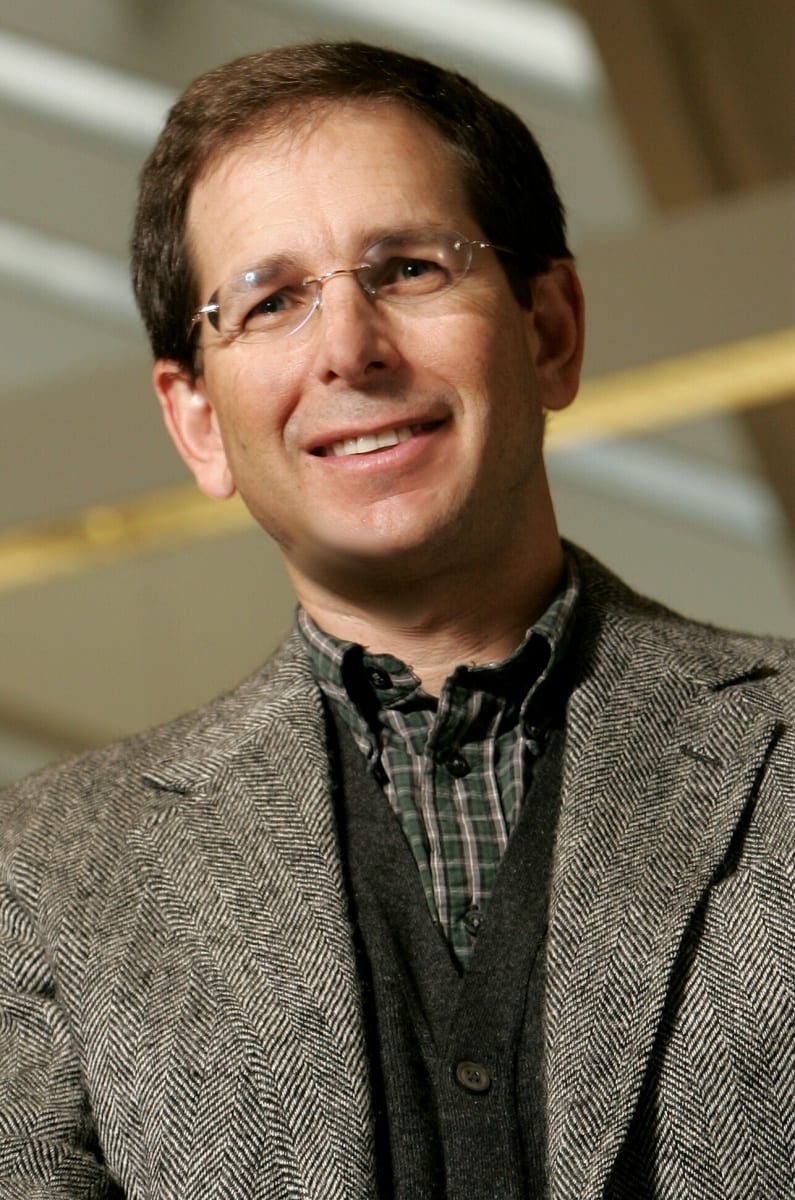 Peter S. Menell is Koret Professor of Law. Reflecting his training in science and technology, economics, and law, Professor Menell’s research focuses principally on the role and design of intellectual property law with particular emphasis on the digital technology and content industries. He has written over 100 articles and 15 books. His current projects explore intellectual property case management, judiciary reform, the scope of patentable subject matter, design protection, music copyright protection, trade secret whistleblower immunity, and technological disruption and social justice. In 2016, he founded Clause 8 Publishing, which seeks to promote the creation and dissemination of educational resources at fair prices. Publications, courses, and more »
Peter S. Menell is Koret Professor of Law. Reflecting his training in science and technology, economics, and law, Professor Menell’s research focuses principally on the role and design of intellectual property law with particular emphasis on the digital technology and content industries. He has written over 100 articles and 15 books. His current projects explore intellectual property case management, judiciary reform, the scope of patentable subject matter, design protection, music copyright protection, trade secret whistleblower immunity, and technological disruption and social justice. In 2016, he founded Clause 8 Publishing, which seeks to promote the creation and dissemination of educational resources at fair prices. Publications, courses, and more »
 Robert P. Merges is Wilson Sonsini Goodrich & Rosati Professor of Law and Associate Dean of Advanced Degree Programs and Global Engagement. He is the author of Justifying Intellectual Property, published by Harvard University Press in 2011. A comprehensive statement of mature views on the ethical and economic foundations of IP law, the book reviews foundational philosophical theories of property and contemporary theories about distributive justice and applies them to IP; identifies operational high-level principles of IP law; and, with all this as background, works through several pressing problems facing IP law today. Professor Merges also has undertaken extensive revisions to two of the casebooks he coauthors, to update them in light of the America Invents Act. Publications, courses, and more »
Robert P. Merges is Wilson Sonsini Goodrich & Rosati Professor of Law and Associate Dean of Advanced Degree Programs and Global Engagement. He is the author of Justifying Intellectual Property, published by Harvard University Press in 2011. A comprehensive statement of mature views on the ethical and economic foundations of IP law, the book reviews foundational philosophical theories of property and contemporary theories about distributive justice and applies them to IP; identifies operational high-level principles of IP law; and, with all this as background, works through several pressing problems facing IP law today. Professor Merges also has undertaken extensive revisions to two of the casebooks he coauthors, to update them in light of the America Invents Act. Publications, courses, and more »
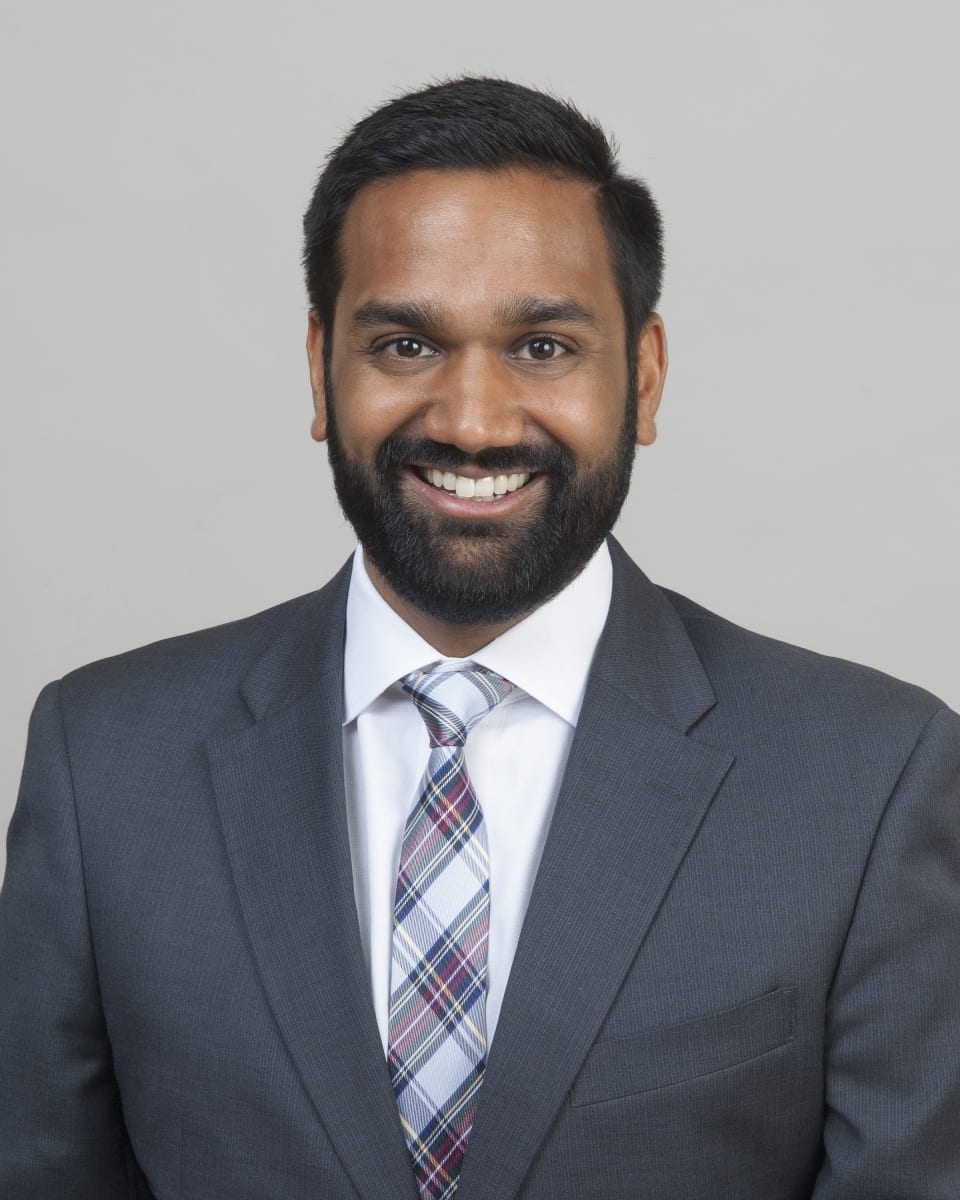 Tejas N. Narechania is the Robert and Nanci Corson Assistant Professor of Law. He focuses on matters related to telecommunications regulation and intellectual property. Before joining Berkeley Law, Professor Narechania clerked for Justice Stephen G. Breyer of the Supreme Court of the United States (2015-2016) and for Judge Diane P. Wood of the U.S. Court of Appeals for the Seventh Circuit (2011-2012). He has advised the Federal Communications Commission on network neutrality matters, where he served as Special Counsel (2012-2013). Professor Narechania’s research has appeared in the Columbia Law Review, Georgetown Law Journal, and the Michigan Law Review, among other venues, and his work has been cited by the White House, in the work of the Supreme Court and the federal Courts of Appeals, as well as the New York Times and the Washington Post. Publications, courses, and more »
Tejas N. Narechania is the Robert and Nanci Corson Assistant Professor of Law. He focuses on matters related to telecommunications regulation and intellectual property. Before joining Berkeley Law, Professor Narechania clerked for Justice Stephen G. Breyer of the Supreme Court of the United States (2015-2016) and for Judge Diane P. Wood of the U.S. Court of Appeals for the Seventh Circuit (2011-2012). He has advised the Federal Communications Commission on network neutrality matters, where he served as Special Counsel (2012-2013). Professor Narechania’s research has appeared in the Columbia Law Review, Georgetown Law Journal, and the Michigan Law Review, among other venues, and his work has been cited by the White House, in the work of the Supreme Court and the federal Courts of Appeals, as well as the New York Times and the Washington Post. Publications, courses, and more »
 Pamela Samuelson is Richard M. Sherman Distinguished Professor of Law and Information. Much of her recent work has focused on updating and adapting U.S. copyright law to meet challenges of the digital age. She has written amicus curiae briefs as well as law review and other articles on major software IP cases such as Oracle v. Google. Other recent work has focused on improving public access to mass digitized copies of in-copyright works. Professor Samuelson is co-founder and board member of Authors Alliance, a nonprofit organization that represents the interests of authors who want their works to be widely available for the public good. She is Chair of the Board of Directors of the Electronic Frontier Foundation and a Contributing Editor to Communications of the ACM, a computing professionals society. Follow her at @PamuelaSamuelson. She has been a distinguished visiting professor at the University of Toronto Law School as well as a visiting professor at Harvard Law School. Publications, courses, and more »
Pamela Samuelson is Richard M. Sherman Distinguished Professor of Law and Information. Much of her recent work has focused on updating and adapting U.S. copyright law to meet challenges of the digital age. She has written amicus curiae briefs as well as law review and other articles on major software IP cases such as Oracle v. Google. Other recent work has focused on improving public access to mass digitized copies of in-copyright works. Professor Samuelson is co-founder and board member of Authors Alliance, a nonprofit organization that represents the interests of authors who want their works to be widely available for the public good. She is Chair of the Board of Directors of the Electronic Frontier Foundation and a Contributing Editor to Communications of the ACM, a computing professionals society. Follow her at @PamuelaSamuelson. She has been a distinguished visiting professor at the University of Toronto Law School as well as a visiting professor at Harvard Law School. Publications, courses, and more »
 Molly Shaffer Van Houweling is the Harold C. Hohbach Distinguished Professor of Patent and IP Law and Associate Dean for J.D. Curriculum and Teaching. Her teaching portfolio includes intellectual property, basic property law, and food law and policy (touching on agricultural innovation and patent policy, among other topics). Much of Professor Van Houweling’s research focuses on copyright law’s implications for new information technologies (and vice versa). She often explores this and other intellectual property issues using theoretical and doctrinal tools borrowed from the law of tangible property. Professor Van Houweling is an Associate Reporter on the American Law Institute’s Restatement of the Law, Copyright, and an Adviser to the Restatement of the Law Fourth, Property. She is a member of the Board of Directors of the Authors Alliance and Chair of the Board of Creative Commons. Follow her at @mollysvh. Publications, courses, and more »
Molly Shaffer Van Houweling is the Harold C. Hohbach Distinguished Professor of Patent and IP Law and Associate Dean for J.D. Curriculum and Teaching. Her teaching portfolio includes intellectual property, basic property law, and food law and policy (touching on agricultural innovation and patent policy, among other topics). Much of Professor Van Houweling’s research focuses on copyright law’s implications for new information technologies (and vice versa). She often explores this and other intellectual property issues using theoretical and doctrinal tools borrowed from the law of tangible property. Professor Van Houweling is an Associate Reporter on the American Law Institute’s Restatement of the Law, Copyright, and an Adviser to the Restatement of the Law Fourth, Property. She is a member of the Board of Directors of the Authors Alliance and Chair of the Board of Creative Commons. Follow her at @mollysvh. Publications, courses, and more »
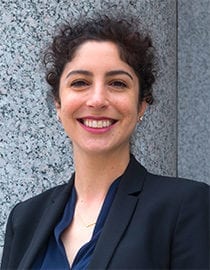 Rebecca Wexler is an Assistant Professor of Law working on data, technology, and criminal justice. She focuses on evidence law, criminal procedure, privacy and intellectual property protections surrounding new data-driven criminal justice technologies. Before joining Berkeley Law, Professor Wexler clerked for Judge Pierre N. Leval of the United States Court of Appeals for the Second Circuit and Judge Katherine Polk Failla of the United States District Court for the Southern District of New York. She worked as a Yale Public Interest Fellow at The Legal Aid Society’s criminal defense practice and as a Lawyer-inResidence at The Data and Society Research Institute. Follow her at @RebeccaWexler. Publications, courses, and more »
Rebecca Wexler is an Assistant Professor of Law working on data, technology, and criminal justice. She focuses on evidence law, criminal procedure, privacy and intellectual property protections surrounding new data-driven criminal justice technologies. Before joining Berkeley Law, Professor Wexler clerked for Judge Pierre N. Leval of the United States Court of Appeals for the Second Circuit and Judge Katherine Polk Failla of the United States District Court for the Southern District of New York. She worked as a Yale Public Interest Fellow at The Legal Aid Society’s criminal defense practice and as a Lawyer-inResidence at The Data and Society Research Institute. Follow her at @RebeccaWexler. Publications, courses, and more »
Fellows
 Dr. Hao Yuan joined BCLT in January 2021 as a Senior Fellow on our Asia IP and Technology Project. Prior to coming to Berkeley, Dr. Hao taught patent law and anti-monopoly law (“AML”) at the School of Law, Tsinghua University (2015-2020). Yuan has published academic papers and articles in the fields of patent law, competition law, data protection and nano-electronics. Her most recent academic paper (En) is “Through the Anti-Monopoly Lens: What Constitutes ‘Unfairly High Patent Pricing’ in China?”.(opens in a new tab)(opens in a new tab)(opens in a new tab) Currently Yuan is working on a practical treatise on Chinese patent law, and a research paper that aims to explore the curious contour and implications of innovation/creation in IP at the coming era of artificial intelligence. Dr. Hao has advised several IP and AML legislation projects in China. She has also participated in a dozen litigation, administrative investigation and arbitration cases, including landmark SEP cases, as an advisory panel member or expert witness. Yuan has been recently listed as an arbitrator at the International Arbitration Center in Tokyo (“IACT”). She is also a Senior Of Counsel at LexField Law. Before becoming academic Yuan practiced years in IP litigation at KWM. Yuan received her J.D. from Brooklyn Law School (2011), Ph.D. in Nano-electronics from Penn State University (2006), and B.S. in Physics from Peking University (1999).
Dr. Hao Yuan joined BCLT in January 2021 as a Senior Fellow on our Asia IP and Technology Project. Prior to coming to Berkeley, Dr. Hao taught patent law and anti-monopoly law (“AML”) at the School of Law, Tsinghua University (2015-2020). Yuan has published academic papers and articles in the fields of patent law, competition law, data protection and nano-electronics. Her most recent academic paper (En) is “Through the Anti-Monopoly Lens: What Constitutes ‘Unfairly High Patent Pricing’ in China?”.(opens in a new tab)(opens in a new tab)(opens in a new tab) Currently Yuan is working on a practical treatise on Chinese patent law, and a research paper that aims to explore the curious contour and implications of innovation/creation in IP at the coming era of artificial intelligence. Dr. Hao has advised several IP and AML legislation projects in China. She has also participated in a dozen litigation, administrative investigation and arbitration cases, including landmark SEP cases, as an advisory panel member or expert witness. Yuan has been recently listed as an arbitrator at the International Arbitration Center in Tokyo (“IACT”). She is also a Senior Of Counsel at LexField Law. Before becoming academic Yuan practiced years in IP litigation at KWM. Yuan received her J.D. from Brooklyn Law School (2011), Ph.D. in Nano-electronics from Penn State University (2006), and B.S. in Physics from Peking University (1999).
Christina Koningisor is a Research Fellow at the Berkeley Center for Law and Technology. Her scholarship explores the intersection of media law, civil procedure, constitutional law, and local government law. She is interested in the ways that different legal regimes—from federal and state transparency statutes, to procedural rules, to state constitutions—alter the breadth and scope of secrecy and transparency in government. She is particularly interested in how new technologies have upended the information ecosystems that allow the press and the public to hold the government to account.
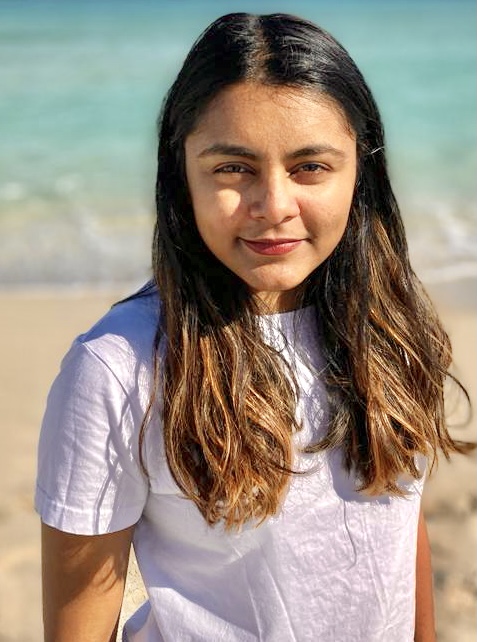 Ramya Chandrasekhar is a research fellow and leads the Biometrics Project. This project aims to study legal and institutional regulation of biometric data, from a critical and comparative perspective. Prior to joining BCLT, Ramya worked with the Legal and Innovation team at the World Bank as an International Finance and Development Fellow, on personal data protection enforcement involving digital platforms. She has also collaborated with the Information Communication and Technology team at UNICEF as well as Guarini Global Law & Tech, on projects relating to digital risk and data governance within international organizations. Ramya is a lawyer by training and is qualified to practice at the bar in India. She holds a Master of Law from New York University, and a Bachelor of Law from the West Bengal National University of Juridical Sciences. She also has over 4 years of experience working with law firms, civil society, and academic research centers on a range of issues at the intersection of law and technology, including digital ID and the digital welfare state, surveillance, information privacy, and Fintech regulation. Ramya’s research interests lie in global data law, critical data studies and science and technology studies.
Ramya Chandrasekhar is a research fellow and leads the Biometrics Project. This project aims to study legal and institutional regulation of biometric data, from a critical and comparative perspective. Prior to joining BCLT, Ramya worked with the Legal and Innovation team at the World Bank as an International Finance and Development Fellow, on personal data protection enforcement involving digital platforms. She has also collaborated with the Information Communication and Technology team at UNICEF as well as Guarini Global Law & Tech, on projects relating to digital risk and data governance within international organizations. Ramya is a lawyer by training and is qualified to practice at the bar in India. She holds a Master of Law from New York University, and a Bachelor of Law from the West Bengal National University of Juridical Sciences. She also has over 4 years of experience working with law firms, civil society, and academic research centers on a range of issues at the intersection of law and technology, including digital ID and the digital welfare state, surveillance, information privacy, and Fintech regulation. Ramya’s research interests lie in global data law, critical data studies and science and technology studies.
 David Almeling
David Almeling
Partner at O’Melveny & Myers and author of Trade Secret Law and Corporate Strategy. Identified by IAM 1000 as a “trade secret authority.” Specializes in trade secret counseling and litigation.

David Bernstein
Chair of Debevoise’s Intellectual Property Litigation Group and coauthor of the leading treatise on advertising law, The Law of Advertising, Marketing and Promotion. Recognized as “one of the finest trademark litigators in the nation” by Chambers.
 Jared Bobrow
Jared Bobrow
Co-chair of Orrick’s Global Intellectual Property Group. Recognized as one of the world’s leading IP litigators by Chambers Global and IAM.
Noah Brumfield
Partner at White & Case. Specializes in antitrust litigation.
Steven Carlson
Partner at Robins Kaplan, co-author of Patents in Germany and Europe: Procurement, Enforcement and Defense, and co-author of Patent Case Management Judicial Guide. Specializes in patent litigation.
 Adam Cole
Adam Cole
Associate at Wilson Sonsini. Specializes in patent matters in a variety of technical arts, including biotechnology, chemical engineering and materials science.
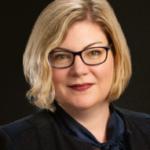 Angela Dunning
Angela Dunning
Partner at Cooley. Specializes in general business litigation, trademark, copyright and trade secret litigation, securities litigation and white collar defense
 Justin Erlich
Justin Erlich
Head of Trust & Safety Policy at TikTok, former Principal Tech Advisor for former California Attorney General Kamala Harris, and former Global Head of Policy for Autonomous Vehicles at Uber. Specializes in innovation development and public policy.
Kathryn Fritz
Former Managing Partner and current partner at Fenwick & West. Specializes in trademark law.
Tracy Genesen
General Counsel at The Wine Institute. Specializes in regulatory and corporate law, with an emphasis on the alcoholic beverage industry.

Christopher Hockett
Former global head of antitrust at Davis Polk. Former chair of the ABA Section of Antitrust Law. Recognized as one of “America’s Leading Business Lawyers” by Chambers.
Jeffrey Homrig
Vice Chair of Latham & Watkins Intellectual Property Litigation Practice. Specializes in patent litigation.
 Eneda Hoxha
Eneda Hoxha
Associate, Latham & Watkins. Specializes in patent litigation.
Eric Lancaster
Partner at Allen & Overy. Specializes in antitrust law.
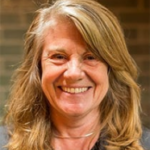 Barbara McClung
Barbara McClung
Chief Legal Officer at Caribou Biosciences. Specializes in IP and corporate legal strategies, with an emphasis on life sciences.
 Sonal Mehta
Sonal Mehta
Partner at WilmerHale and Past President of the Federal Circuit Bar Association. Specializes in patent litigation.
Jeffrey Ostrow
Partner at Simpson Thacher and Chair of the IP Practice group; recognized as a Litigation Star for Intellectual Property by Euromoney’s Benchmark Litigation and recognized by the Daily Journal as among the Top 100 IP Lawyers in California.
Matthew Perry
Federal program manager at Mandiant and former Federal Bureau of Investigation Supervisory Special Agent. Specializes in national security law.
 Ed Reines
Ed Reines
Partner at Weil Gotshal and co-head of the Patent Litigation and Life Sciences practice. Past president of the Federal Circuit Bar Association; recognized by the Daily Journal as a Top Intellectual Property Lawyers.
 Daniel Schacht
Daniel Schacht
Partner and co-chair of the Intellectual Property Group at Donahue Fitzgerald. Specializes in IP law with an emphasis on the music industry.
Michael Schallop
Partner at Van Pelt, Yi & James. Specializes in patent prosecution and counseling.
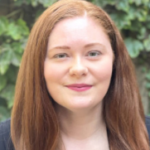 Allison Schmitt
Allison Schmitt
Fellow and Director of the BCLT Life Sciences Project. Specializes in studying the factors influencing innovation and regulation in the life sciences.
Matthew Show
IP Counsel at IFF, former associate attorney at Morrison Foerster and Mintz Levin. Matthew’s areas of expertise are copyright, patents, and trademarks.
Todd Smithline
Managing principal at Smithline PC and former General Counsel of Marimba. Recognized as a World’s Leading IP Strategists by Intellectual Asset Management Magazine. Specializes in software law, including video game law.
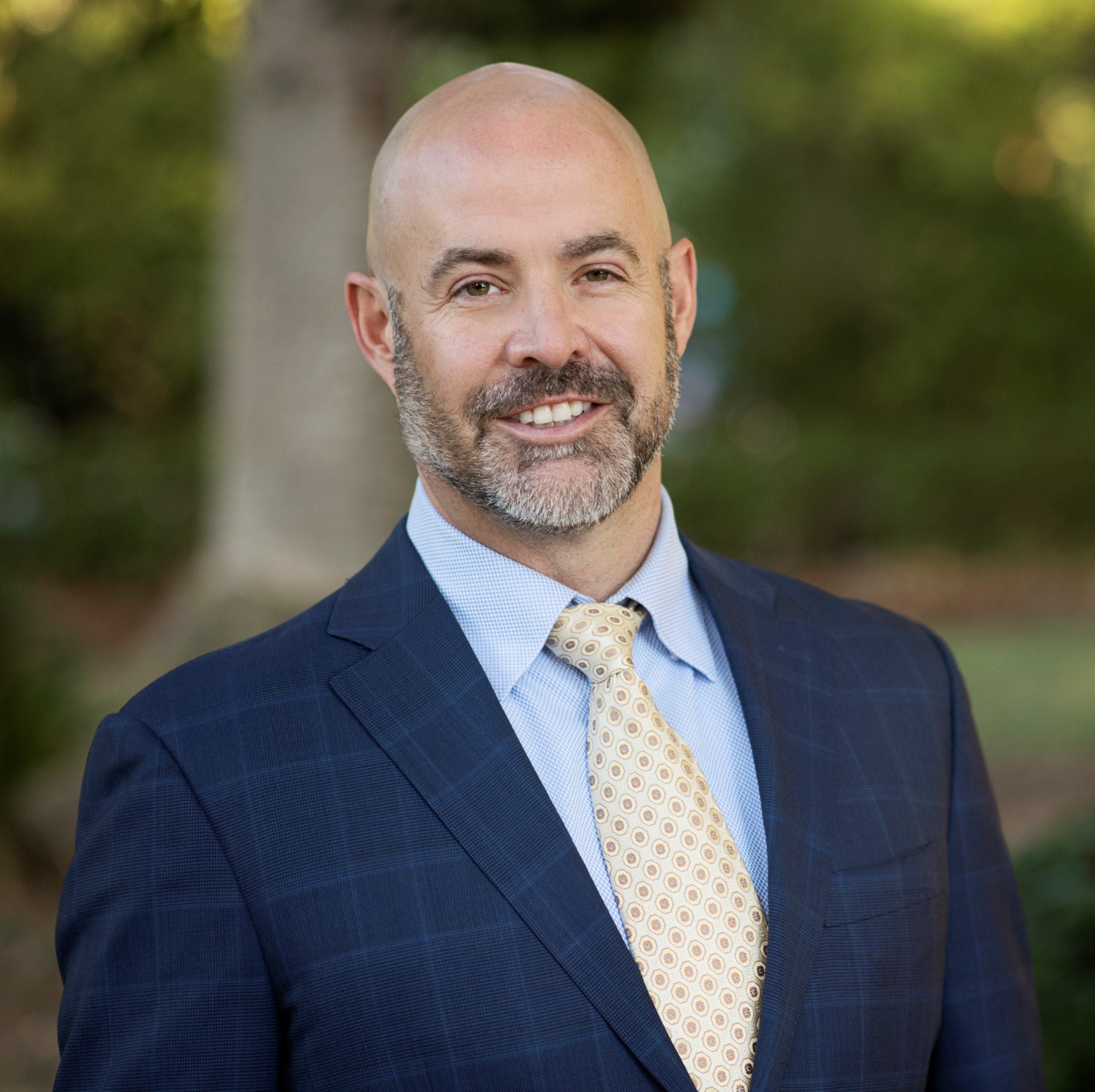 Wayne Stacy
Wayne Stacy
Executive Director of Berkeley Center for Law and Technology and former Director for the USPTO’s Silicon Valley Office. Before that, Wayne spent more than 20 years at several of the world’s top law firms, most recently as a senior partner and Intellectual Property Chair for Baker Botts’ San Francisco office. Specializes in patent law, patent litigation, copyright law, and PTAB practice.
Talha Syed
Lecturer at Berkeley Law School. Specializes in patents and innovation policies for pharmaceuticals and health care allocation.

David Tollen
Founder of Tech Contracts Academy and author of the ABA IT contract manual, The Tech Contracts Handbook. Specializes in drafting and negotiating IT contracts.
 John Trinidad
John Trinidad
Partner in DP&F Law Firm’s Wine Law, Business, Alcohol Beverage, and Geographical Indications practice groups. John’s has expertise in a broad range of wine and alcohol beverage legal issues and in federal and state alcohol beverage regulations.
 Bijal Vakil
Bijal Vakil
Partner, Technology Practice at Allen & Overy. Specializes in IP and Corporate Law.
Lee Van Pelt
Partner at Van Pelt, Yi & James. Lead coach for national winners in the USPTO Patent Drafting Competition. Specializes in patent prosecution and counseling.

Daniel Wall
Partner at Latham & Watkins. Recognized as a “Star” in U.S. Antitrust Law by Chambers.
 David Zapolsky
David Zapolsky
SVP, General Counsel and Secretary at Amazon. Specializes in technology law and policy.
Disruptive Technologies & Regulation
Selected Topics in Venture Capital
Venture Funds: Structuring, Advising and Regulating
Antitrust
Antitrust and Technology Platforms
International Antitrust Law
Mergers, Market Power and Monopoly in U.S. Antitrust Law
Venture Capital Law and Finance
Negotiating Hollywood Contracts
Venture Capital Deal Bootcamp
Advanced IT Contracts: Drafting and Negotiating
Art Deals, Dealers, and Litigation
Venture Capital in Practice
Samuelson Clinic
Advanced Samuelson Clinic
Advertising, Branding, and the First Amendment
Video Game Law
Intellectual Property Law
Transnational Intellectual Property Law
Law and Technology Scholarship Seminar
Computer Programming for Lawyers
Computer Law
IP and Human Creativity in the AI Age
Life Sciences Law and Entrepreneurship
Topics in Pharmaceutical Policy: The Case of Biotherapeutics
Life Sciences Innovation Workshop
Fundamentals of Technology Transactions
Patent Prosecution
Trade Secret Law
Patent Litigation I
Patent Litigation II: PTAB and ITC
Preparing to Practice Patent Law
Art and Cultural Property Law
Patent Law
Copyright, Competition, and Technology
Trademark Law
Trademark Practice
Copyright Law
Advanced Copyright Seminar
Music Protection and Litigation
Wine Law
The Business of Intellectual Property
Law & Technology Writing Workshop
Berkeley IP Practicum
IP Remedies
Licensing of Name, Image, and Likeness (NIL) Seminar
Licensing of Name, Image, and Likeness (NIL) Practicum
IP protection for Aesthetic and Industrial Designs
US F.D.A. Drug Development and Policy
Life Sciences Transactional Practice
High Tech Transactional Practice
Law and Technology Colloquium
Hot Topics in IP & Privacy – Life Sciences
Unified Patent Court: The New European Patent Litigation Forum
